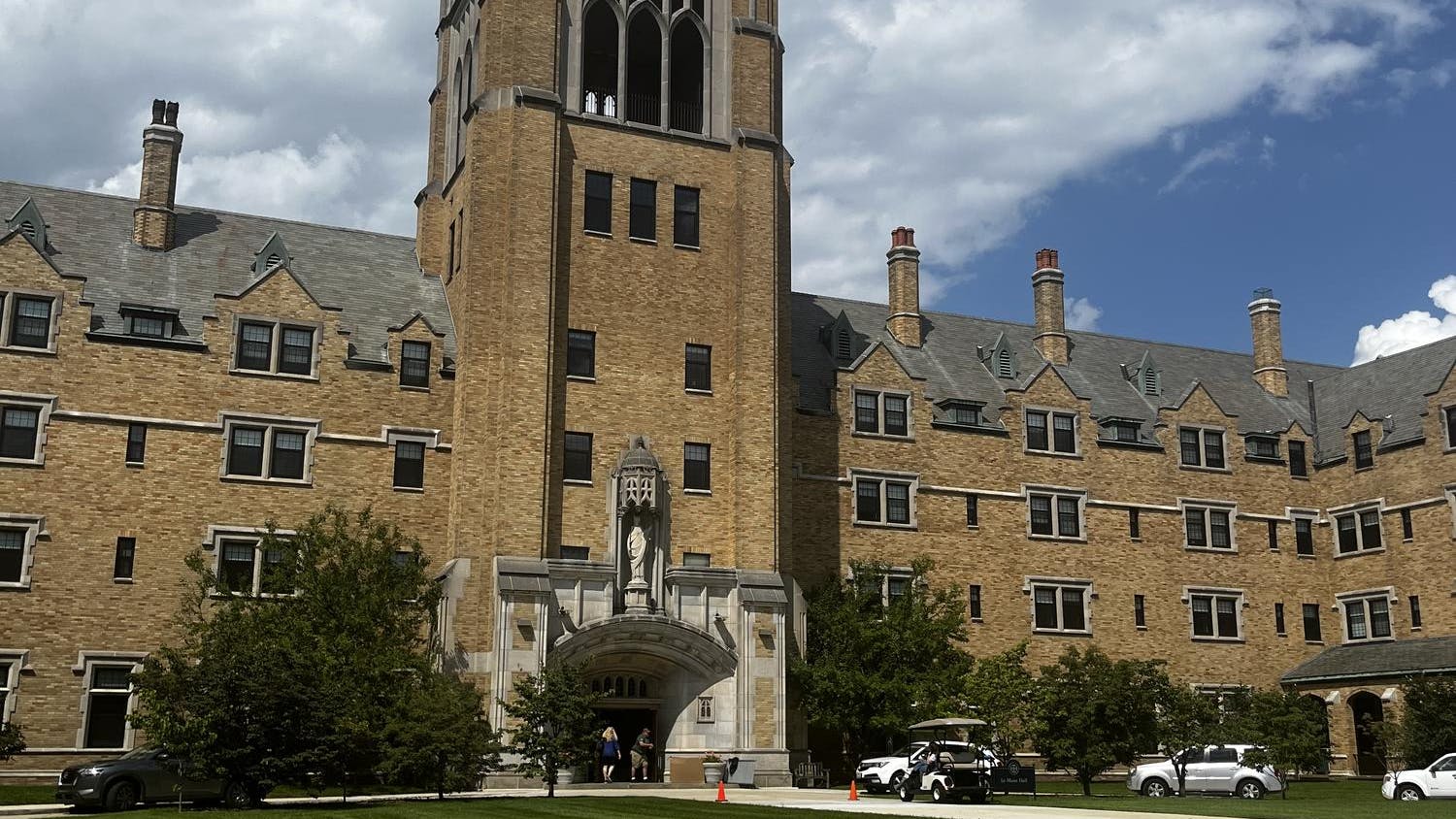In March, the Faculty Senate passed a resolution pushing for improved inclusion of gay, lesbian, bisexual, transgender and questioning (GLBTQ) students through the establishment of a gay-straight alliance (GSA).
On Wednesday, the University announced a new plan to form an officially recognized student organization for GLBTQ students. The plan will also establish a new advisory board to replace the Core Council and hire a full-time staff member to act as a liaison between students and administration on matters of inclusion.

While the new organization will not be the exact GSA proposed in the March resolution, Faculty Senate chair Doug Archer said he thought the plan is a "major step forward."
"It's part of a larger concern, just speaking for myself, part of a larger concern for full equity and full access and full equality for all persons on campus," he said. "This was one very concrete step that could be taken."
The Faculty Senate most recently met Tuesday night, before the announcement about the new plan had been made.
"The announcement hadn't come out yet so I can't give you a reaction from the Senate," he said. "I expect that they will be very pleased and appreciative of [University President Fr. John Jenkins's] decision, of the effort that went into it."
The decision is sure to incite criticism from some, Archer said, but he foresaw a fairly positive reception among his colleagues.
"There will always be difference of opinion. ... Fr. Jenkins said this, as quoted in The Observer, that you know some people will think he's gone too far, some will think he won't have gone far enough," Archer said. "I would just say I think it's a major positive step, and some faculty will think we haven't gone far enough yet. I hope it keeps rolling over time."

The change in perspective on GLBTQ issues has been significant even in the last few decades since he joined the faculty in 1978, Archer said.
"It's hard to remember now that this issue, just including [GLBTQ] people, is new in my lifetime," he said. "Growing up in the [1950s,] the atmosphere [on gay and lesbian issues] was certainly repressive and it has continued in that way in many places. But just in society in general, this change of attitude. We're not there yet where it's not an issue, but I see this huge improvement."
A GLBTQ organization for students would be an important avenue for their voice to be heard.
"That's what's happening now, there will be a voice in the system," Archer said. "And they have to determine, in a way, what their next steps will be. ... How do they feel about where they are in this campus and where they would like to see things go?"
Archer said the Faculty Senate has invited Jenkins to speak at one of its next meetings about the GLBTQ issues. Their next meeting is set for February.
While the new organization is primarily for undergraduate and graduate students, Archer said he hopes its inception will help build a more welcoming environment for faculty members who identify as GLBTQ.
"I hope this is a positive thing for them," Archer said. "I feel that if the student population is recognized and affirmed that it's also true, it's got to improve the atmosphere for faculty and staff."












